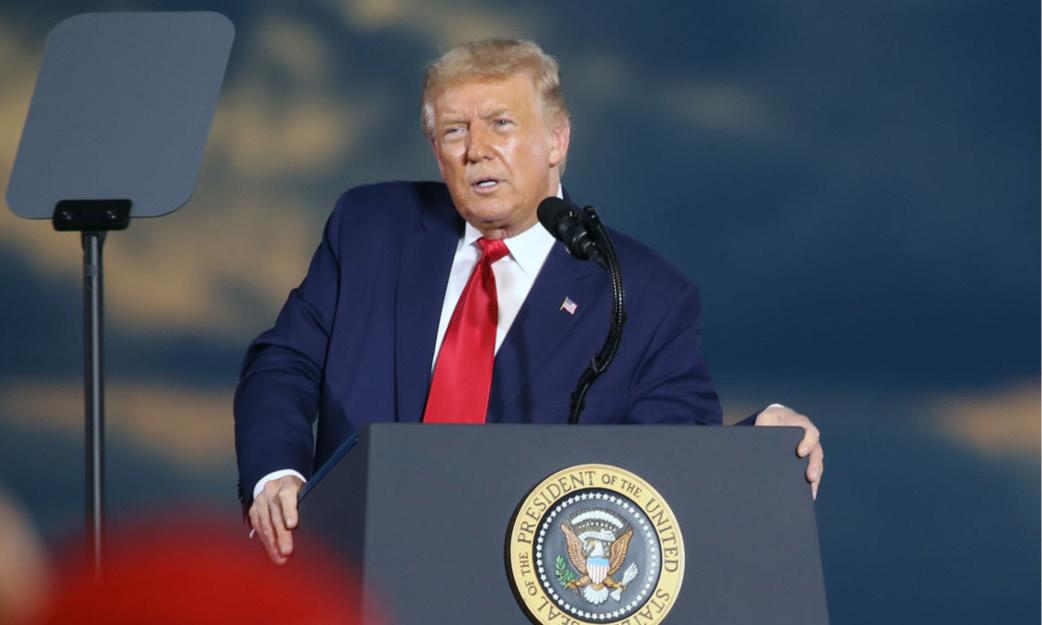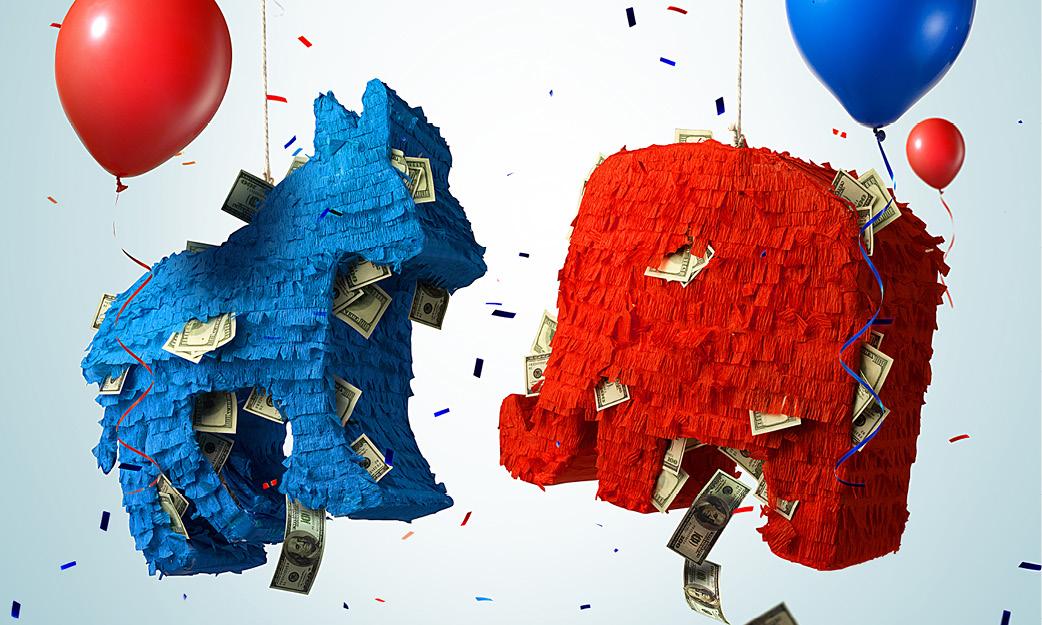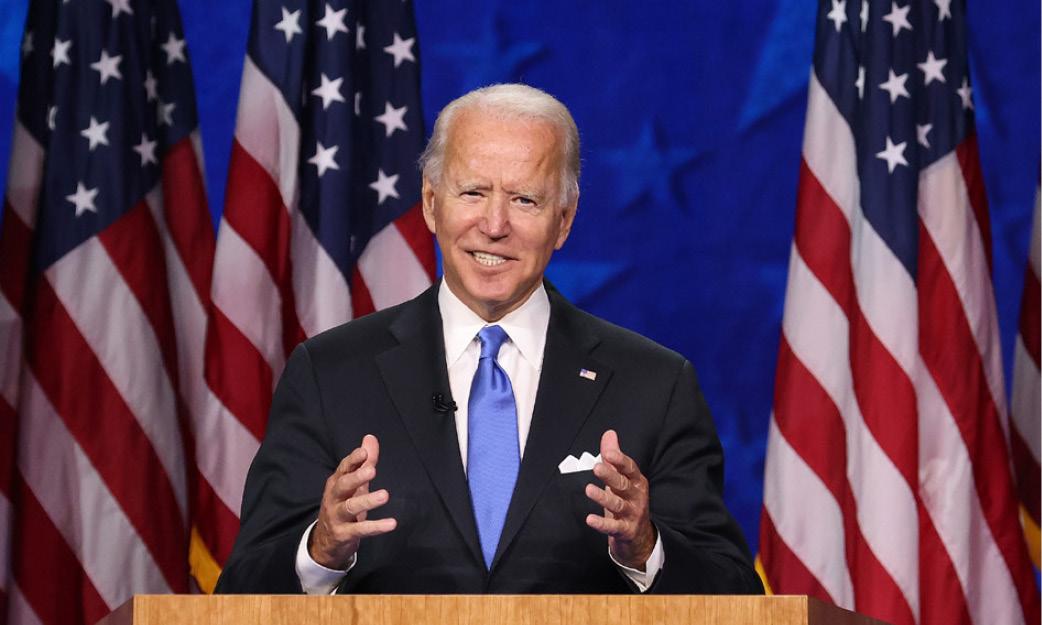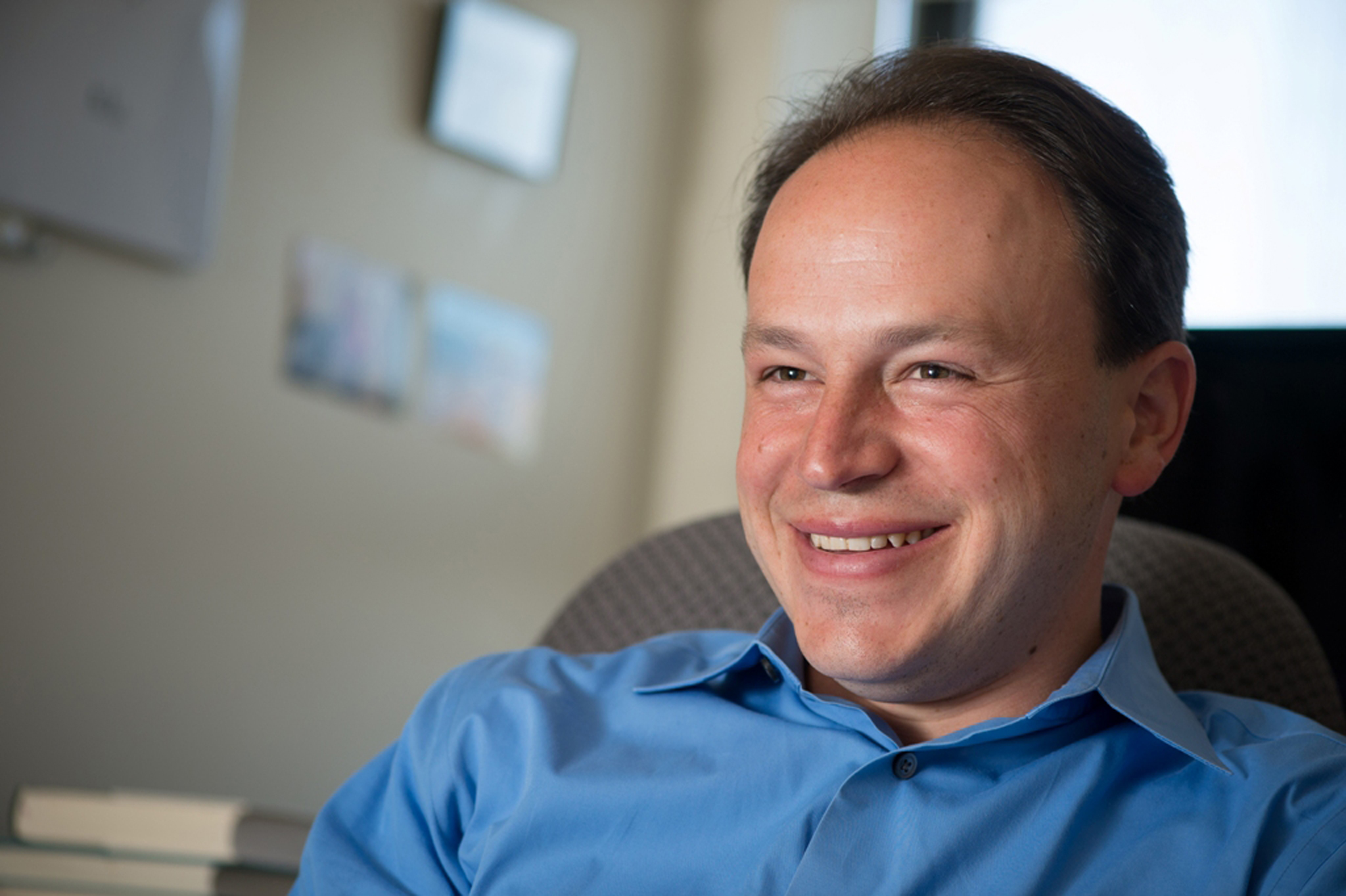Presidential campaign years are exciting opportunities for many political scientists—but I am considered obsessive even among those with a professional interest in elections. From local to national races, I will be seeking explanations for candidates’ strategies and voters’ choices and exploring implications for governance. But that does not mean I know who will win each race.
Unexpected events do occur. In 2016, I surveyed Michigan political professionals about who they thought would win Michigan in the presidential election: more than nine in ten expected a Hillary Clinton victory. We also asked voters who would win; they were only a bit more confident in Donald Trump.
What Data Tell Us
Researchers are interested in more than prediction. The surveys also enabled a look at potential explanations for Trump’s victory as well as why it was unexpected. With Daniel Thaler, ’11, Ph.D. ’15, I found that Trump voters thought the country was changing too fast, undermining traditional American values. These were not common sentiments among Republican officials we surveyed, most of whom were surprisingly lukewarm on Trump.
We will be assessing these views again on surveys of the Michigan public and state officials this fall. We will be able to see whether sentiments change, and which factors predict voting decisions and expectations this time. We will also be assessing Michigan’s U.S. Senate race and legislative elections, to see how much views of Trump drive voting in other races.
Academic Value
My perspective on the 2020 campaign is informed by decades of data, but a few things change during each campaign. I have found that Republican candidates tend to emphasize ideological principles—such as free markets—and labels—such as conservative—more than Democrats. In contrast, Democrats tend to emphasize the specific social groups who would benefit from their policies. However, in the 2016 presidential campaign Trump mentioned more social groups than previous Republican candidates and Clinton mentioned more ideological labels. I will be assessing whether the parties are diverging more in their messages this year or coming to resemble each other.
My work will not stop with the election. As co-author of the “Campaigns & Elections” textbook, I will work to update student knowledge of campaigns as soon as the election is over. I am also working on long-term research on how the parties’ rhetoric and coalitions have changed since the 1960s. And I track everything from campaign advertising to debate answers to media coverage, to assess what issues are discussed and how voters have changed over time.



